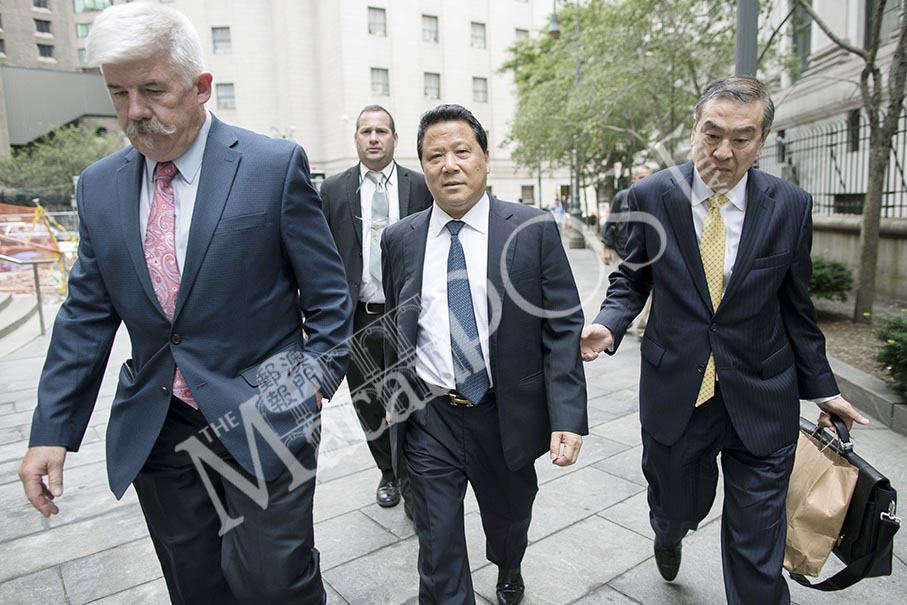BEIJING – A symposium will be held this morning at the Great Hall of the People to mark the 20th anniversary of the implementation of the Macau Special Administrative Region (MSAR) Basic Law, a spokesperson for the General Office of the Standing Committee of the National People’s Congress (NPC) said yesterday.
The event is to be held by the General Office of the NPC Standing Committee in celebration of the 20th anniversary of Macau’s return to the motherland.
Leaders of the Communist Party of China (CPC) and the state, heads of relevant central authorities, Macau Chief Executive Fernando Chui Sai On and other key officials from Macau, top officials of the Guangdong Provincial People’s Government, members of the MSAR Basic Law Committee and experts and scholars engaged in Basic Law research will attend the symposium, the spokesperson said.This afternoon, a seminar will be held by the MSAR Basic Law Committee under the NPC Standing Committee to mark the 20th anniversary of the implementation of the Macau Basic Law at the Great Hall of the People, with the participation of experts and scholars engaged in Basic Law research from the mainland and Macau.
The Macau Basic Law was promulgated by the then president of the People’s Republic of China (PRC) Jiang Zemin in Beijing on March 31, 1993. It took legal effect on December 20, 1999 when Macau returned to the motherland, the MSAR was established and the first MSAR government headed by Edmund Ho Hau Wah was sworn in.
The Chinese and Portuguese governments signed the Joint Declaration on the Question of Macau in Beijing on April 13, 1987, which affirmed that the Chinese government will resume the exercise of sovereignty over Macau with effect from December 20, 1999, “thus fulfilling the long-cherished common aspiration of the Chinese people for the recovery of Macau,” the Preamble to the Macau Basic Law states.
While before December 20, 1999 the PRC did not exercise its sovereignty over Macau, the Portuguese Republic had unilaterally relinquished its claims of sovereignty over Macau and its other “overseas provinces” shortly after the anti-colonial and ant-fascist Carnation Revolution in Lisbon on April 24, 1974. The two states’ joint declaration is an important historic document in the run-up to Macau’s 1999 change in administration.








